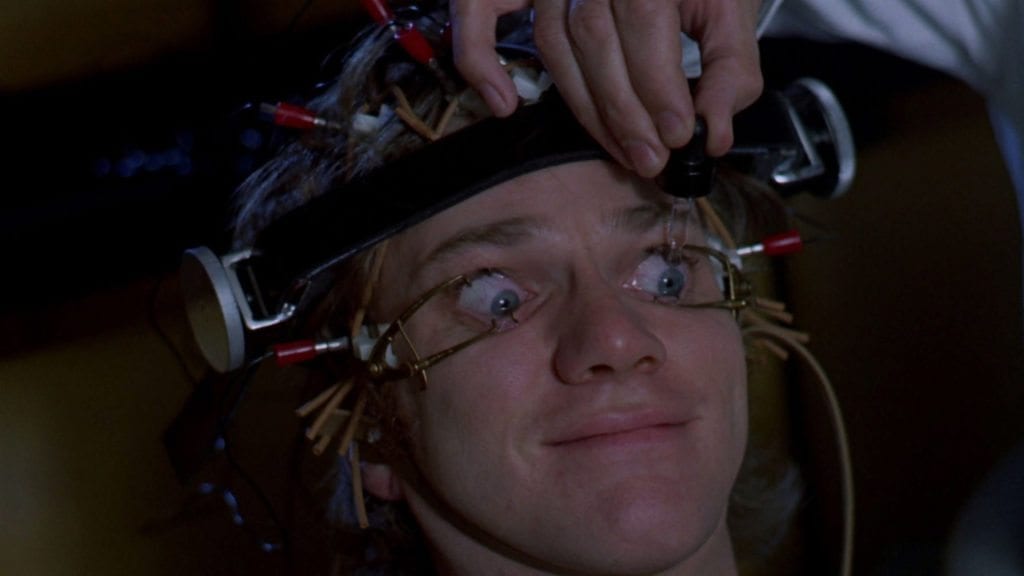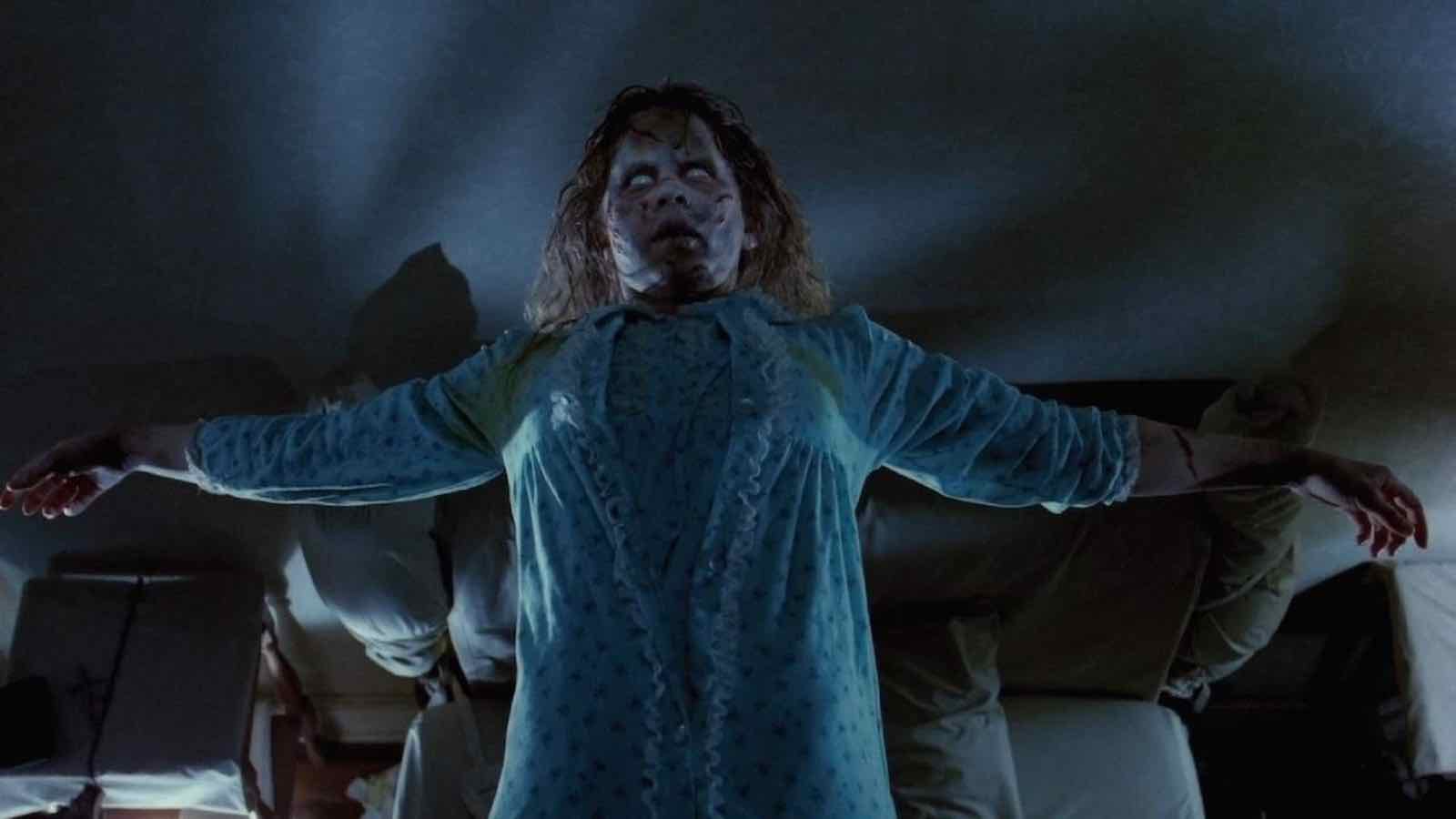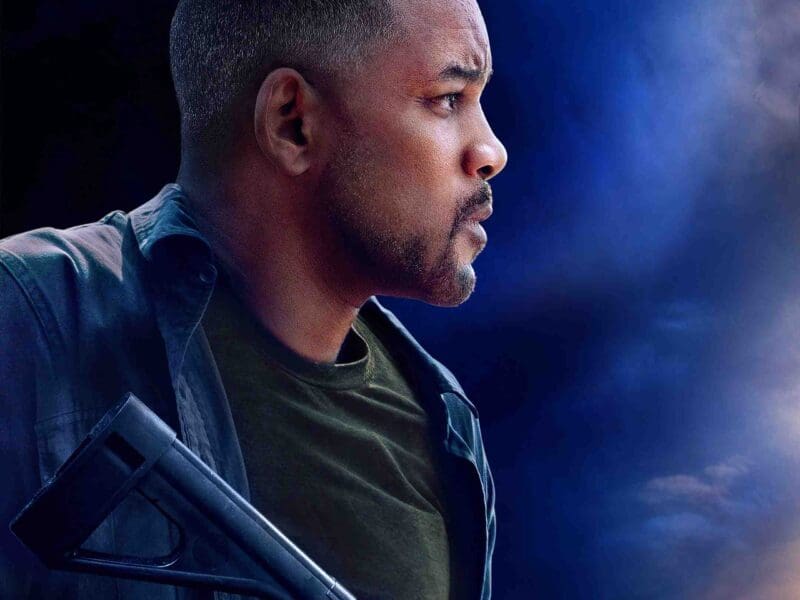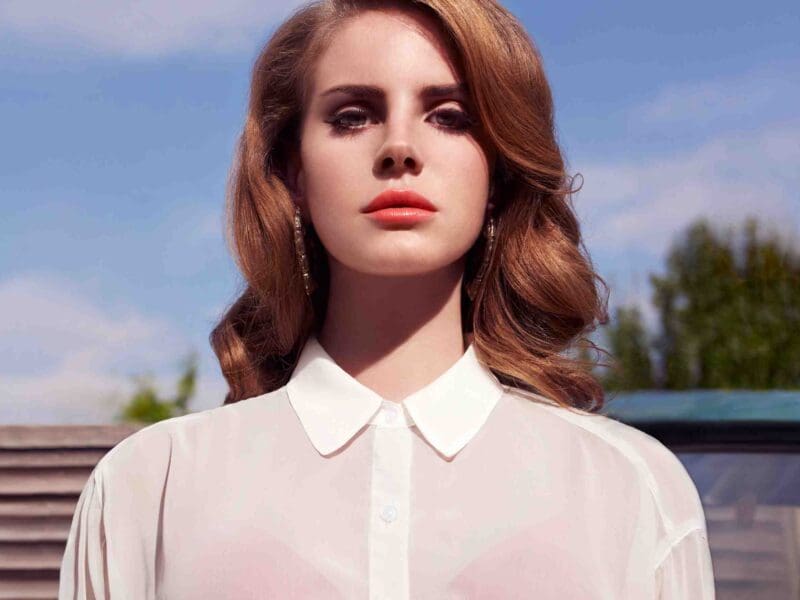
Who needs a marketing strategy, anyway?
Studios spend millions on marketing strategy for their biggest releases, but there’s nothing like free media coverage to launch a movie into the public spotlight, the more controversial, the better. After all, there’s no such thing as bad publicity.

It (2017)
In the year leading up to the release of the Stephen King classic, public clown pranks went viral on social media and mainstream news. Coincidence? Probably, but drawing our fear of clowns into the public eye definitely didn’t hurt It’s success.

The Interview (2014)
Evan Goldberg (Superbad) and Seth Rogen (Pineapple Express) were playing with fire when they decided to depict the assassination of Kim Jong Un on screen, but when North Korea declared it an act of war and theaters everywhere pulled the movie, the world seemed on the precipice of nuclear war. Needless to say, The Interview flopped at the box office, but the controversy made it Sony’s most successful digital release to date.

A Clockwork Orange (1971)
Stanley Kubrick (The Shining) was no stranger to controversy when A Clockwork Orange was linked to a number of violent crimes, and public outcry called for the movie’s ban. Kubrick himself stopped the movie’s UK home release. Despite the controversy, A Clockwork Orange remains one of Kubrick’s most popular movies.

Sausage Party (2016)
This animated comedy made headlines after its trailer was shown before Finding Dory, leaving many parents outraged at the explicitness their children had witnessed. You can’t buy that kind of publicity.

The Exorcist (1973)
A series of deaths and tragedies during production of the movie propagated the idea that the movie itself was cursed. When reports came of fainting and vomiting during screenings, the media were all over The Exorcist, and to this day it remains one of the most controversial and influential horror flicks.







